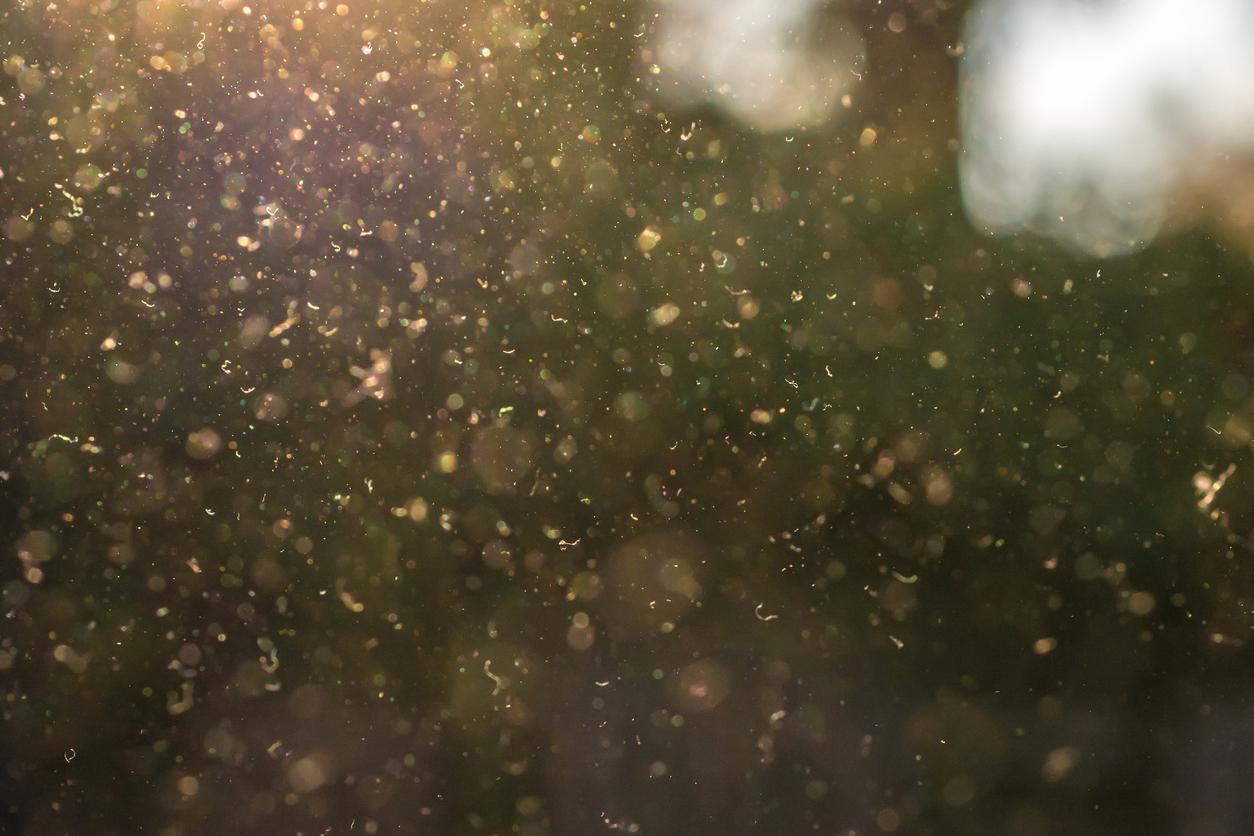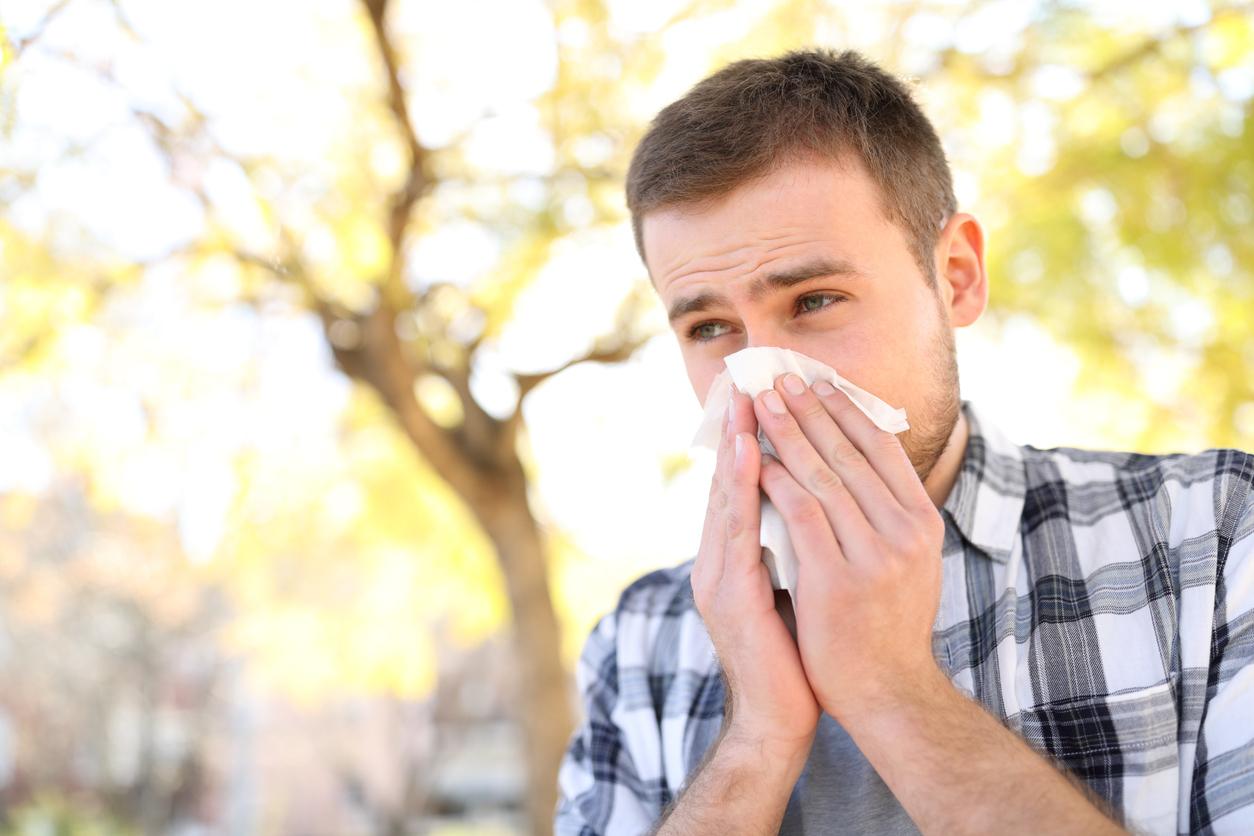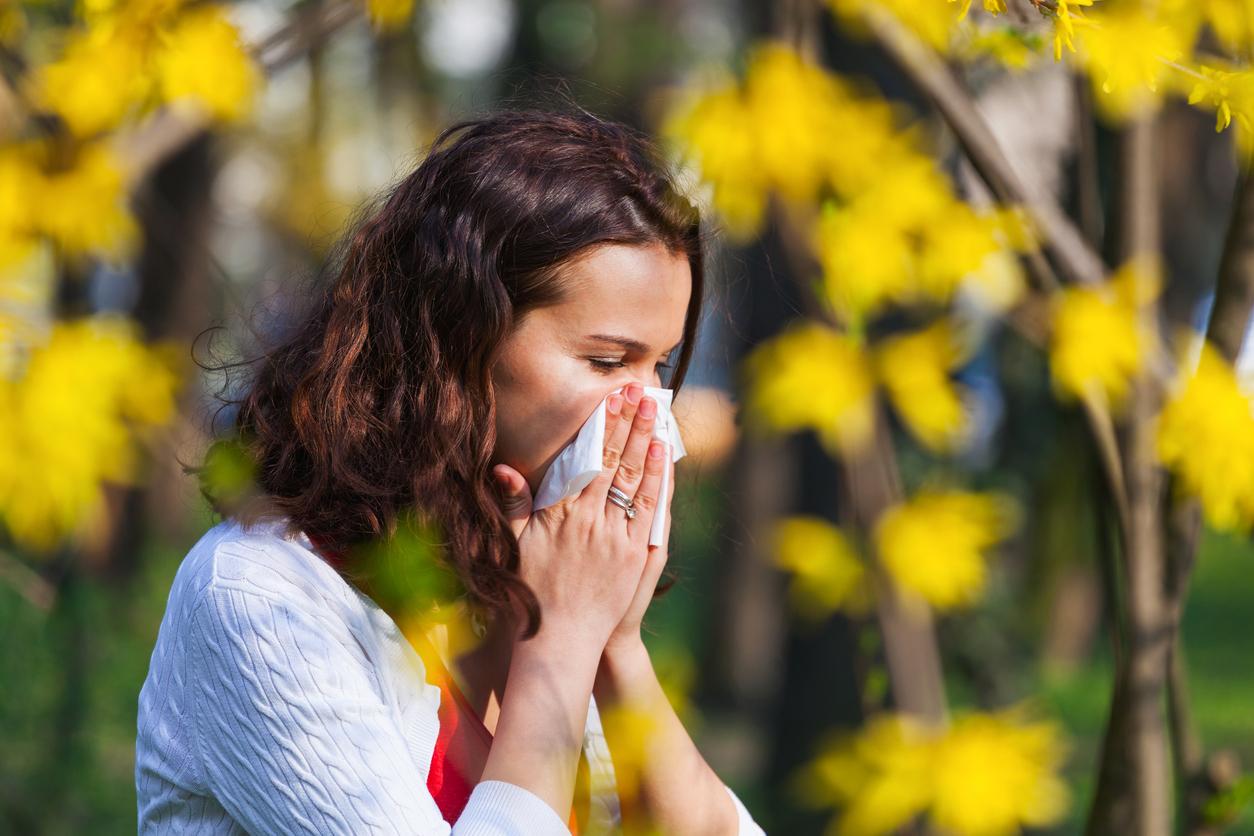As at the end of each summer, ragweed pollen has returned to the Auvergne-Rhône-Alpes region, causing rhinitis, conjunctivitis and even asthma.
-1536056775.jpg)
Every year, when the summer holidays are coming to an end, they are back in the south-east of France and spoil our last days of good weather: ragweed pollen, a very allergenic plant and therefore the peaks of pollinations cause many allergies.
At the beginning of September, five departments are particularly concerned: Yonne, Nièvre, Rhône, Ardèche and Drôme. Two departments close to these show a high risk of allergy: these are Ain and Isère. Faced with the very high concentrations recorded in these departments, the National Aerobiological Surveillance Network (RNSA) triggered the red alert for ambrosia in its bulletin dated August 31 and valid until September 7.
“The risk of allergy associated with ambrosia will be maximum in the Rhone Valley from Lyon to Montélimar” specifies the RNSA in its bulletin. It is high in Ain and Isère, while “the allergic risk will be average in neighboring areas such as Loire, Allier, Vaucluse, Gard and Saône-et-Loire”, continues the RNSA in its newsletter.
Very traveling pollens
Well known to allergists and national health agencies, ragweed is a weed that sometimes triggers severe allergic attacks, causing rhinitis, as well as asthma, conjunctivitis, hives and eczema.
Being the subject of two decrees published in the Official Journal and which aim to limit its proliferation, ragweed is all the more harmful as its pollens do not content themselves with inconveniencing the inhabitants of the areas in which it grows. “With the wind, ragweed pollen can travel hundreds of kilometers, for example as far as Aix-en-Provence and Marseille in the event of a northerly wind, as was the case last week. In these areas, the quantities present could bother people coming from an infestation area and already sensitized”, fears the RNSA.
And unfortunately, good weather is the ally of ambrosia, since it promotes the migration of its pollen to non-infested areas. “As long as the sun is present, these pollens will invade the main areas of infestation and will spread to all adjacent territories,” notes the RNSA.
To guard against the undesirable effects of ragweed pollen, it is recommended that sensitive people “scrupulously follow the treatments prescribed by their medicine and remain very vigilant”.
How to protect yourself from ragweed pollen?
If, like 13% of the inhabitants of the Rhône-Alpes region, you are sensitive to ragweed, here are some tips from Dr André Segyo, allergist in Nevers, to protect you from any allergy. Asked by the Center Journal, he advises to wear sunglasses outside and to avoid rubbing your eyes as much as possible in case of itching: it is better to apply eye drops. The specialist also recommends driving in the car with the windows closed, not drying clothes outside or even washing your hair at night before going to sleep. Finally, he advises against practicing outdoor sports activities during the pollen alert.

.

















